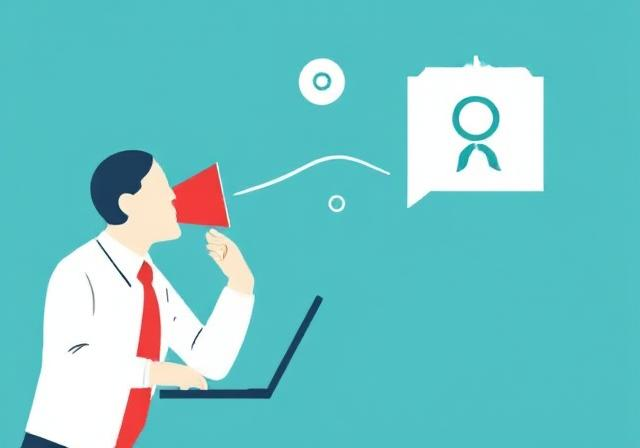In a world where transparency and ethics are becoming pillars of organizational reputation and long-term viability, whistleblowers play a vital role. Often perceived as troublemakers, they are in fact essential sentinels—exposing misconduct, fraud, or harassment that traditional control mechanisms often fail to detect.
📊 The Numbers Speak for Themselves
According to a 2022 study by the Association of Certified Fraud Examiners (ACFE), 42% of corporate fraud cases are uncovered thanks to internal tips, often submitted anonymously. By comparison, internal audits detect only 16%, and external audits a mere 4%.
When it comes to moral or sexual harassment, the European Union Agency for Fundamental Rights estimates that only 1 in 3 women who dare to report workplace harassment receive official recognition of their rights. However, in companies with clear and secure reporting mechanisms, the number of disclosures increases significantly—not because misconduct is more widespread, but because people feel safe enough to speak out.
A 2023 report by the OECD also indicates that companies with effective whistleblower protection systems reduce their risk of major incidents by 60%.
🧩 A Recent Example: The Facebook / Frances Haugen Case
In 2021, Frances Haugen, a former product manager at Facebook (now Meta), leaked thousands of internal documents to journalists and U.S. lawmakers. These documents revealed that the company was aware of the harmful effects of its platforms, especially on teenage mental health, but chose to prioritize profits over user safety. The revelations led to multiple hearings in the U.S. Congress and the European Parliament, as well as renewed debates on social media regulation worldwide.
Haugen’s disclosures also exposed how Facebook’s algorithms amplified misinformation and political polarization, despite internal warnings. Without her testimony and document leaks, many of these practices would have remained hidden from public scrutiny
🛡️ Creating a Culture of Trust
For whistleblowers to fully play their role, organizations must:
- Establish a secure and anonymous reporting channel.
- Train managers and HR in active listening and non-retaliation practices.
- Guarantee confidentiality and protect individuals from retaliation.
- Value reports as opportunities for improvement, not as threats.
🤝 From Individual Courage to Collective Responsibility
Blowing the whistle is never easy—it’s often a decision made at the cost of isolation, immense stress, and sometimes professional or personal retaliation. But it is also a profoundly ethical act, reflecting a genuine commitment to the integrity of the organization.
At a time when companies must lead by example to maintain stakeholder trust, protecting whistleblowers is no longer optional—it is a strategic necessity.
